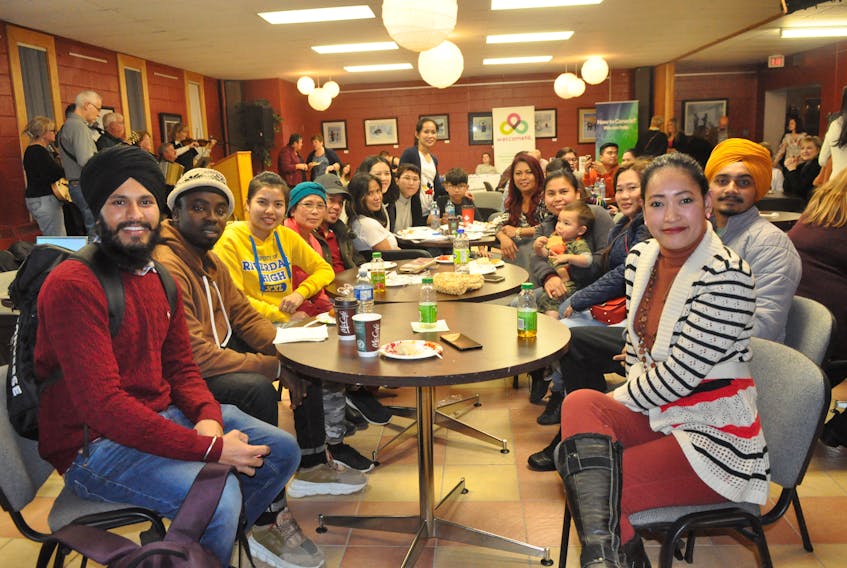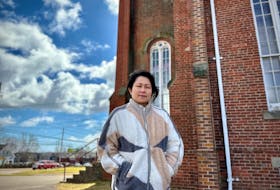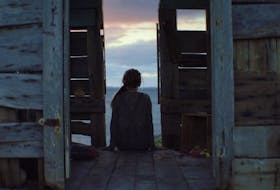Years ago, Kermit the Frog lamented being green, saying it wasn’t easy as he blended in “with so many ordinary things.” By the end of his song, though, he realized being green offered many positive opportunities and associations.
When I think about representation and what it means, I often recall Kermit’s lament. It’s about how difference is perceived and how it is interpreted. For Kermit, being green meant being overlooked.
When I think about difference — when applied to issues of colour, ethnicity, ability, age, sexuality and so forth — representation matters. I remember a conversation a colleague had with another who said they didn’t see colour, just a person’s intrinsic value. For my colleague, not having their skin colour seen meant their reality as a person of colour was not acknowledged, and that hurt.
These days, we see more diversity and hear more voices, and that is — to steal a line from the other Martha — a very good thing.
When I was growing up, there were a bunch of us children of immigrants who banded together through events from the Folk Arts Council. There we were seen — our cultures, our languages, our food, our national dress, and our multiple ethnicities and races.
These days, we see more diversity and hear more voices, and that is — to steal a line from the other Martha — a very good thing. How much things had changed came home to me during the 9/11 crisis. Waiting in the foyer of Mile One to greet stranded passengers, there were about two dozen of us representing almost as many languages, from German and Spanish to Hindi and Urdu, and multiple points in between.
We are a contradictory bunch, the people who live here in Newfoundland and Labrador. We will give the shirt off our backs and anything else that might be needed, but we also view with suspicion any changes that might suggest our world and community views could be challenged.
In the late 1980s through the mid-’90s, I did a lot of work in media literacy, particularly looking at the representation of women in media (film, music videos, news, arts, etc.) as creators, voices, producers and sources of expertise.
I worked with others who looked at this province’s image on a national, even global scale: how were our stories told, who spoke to our experiences, what was said and why.
Our media and cultural landscapes are enriched when the diversity of people, opinions, knowledge and experiences are represented. Some examples from local media include the Telegram’s Brian Hodder, writing regularly about LGBTQ experiences and issues. At the CBC, we have just seen the conclusion of NL in Colour, a five-part series looking at race and identity in this province by Ramraajh Sharvendiran.
One of the things I love about the internet is how it facilitates a network of people and organizations — personal, institutional, community-based — to gather virtually. Social media has enabled a plethora of voices to express insights and information with authority rather than be filtered through what has been primarily a white, male and able lens.
The pandemic may have limited physical face-to-face contact, but that hasn’t stopped the myriad of conversations about inclusion, diversity and equity from continuing. In fact, I would argue that the pandemic has shone a very bright and unflinching light on the disparities and barriers such institutional and systemic inequities have set in terms of access, engagement, income and visibility.
We are changing and our society and communities are changing too. It’s time to embrace that fact, lean in and listen hard to those who have been pushed to the margins.
Martha Muzychka is a writer and consultant living in St. John’s.









